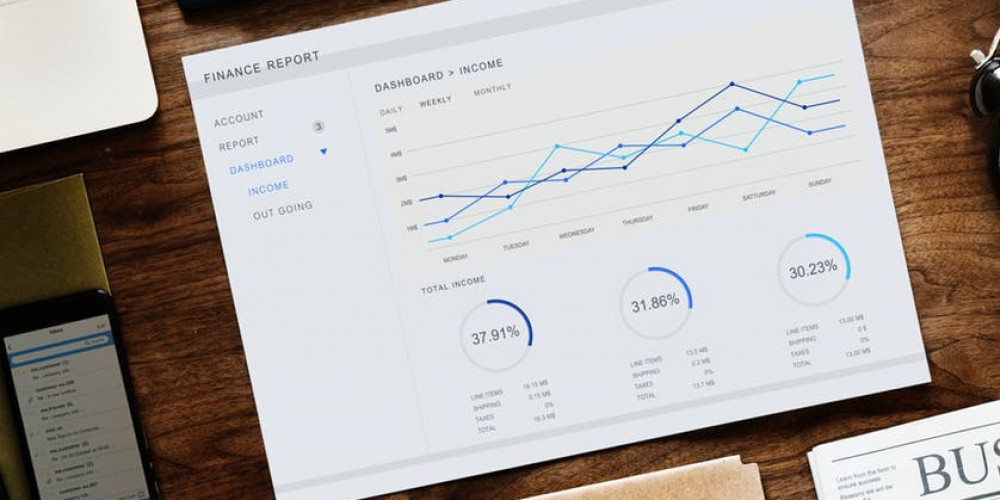Jo joined Cathedral Appointments over 25 years ago and now leads the business alongside Clodagh, who joined the company in 2021. Jo is a local employment expert and a former board member of Exeter’s leading business membership organisation, Exeter Chamber. She is also a Fellow of the Recruitment and Employment Confederation (REC) and has an Associated CIPD membership.
Blog
What are the best routes into accountancy?
Posted in Candidates
What are the best routes into accountancy?
An expert in numeracy, a penchant for managing money and 20/20 vision for seeing clarity through the figures. Accountancy is a profession that positively spills over with analytical skills. But how do you get started in the career of calculations? Allow us to crunch the numbers to find you the best path to a job in accountancy.
Qualifications
Firstly, it’s all about your accreditations. Being in possession of tangible, inarguable qualifications that prove your mathematical worth is a sure step forward towards a career in accounting. That said, it’s a career where traditional qualifications - GCSEs, A-levels and a degree - aren’t necessarily your only route to your destination.
So whilst high grades in GCSE and A-level maths are often considered standard (and the former certainly desirable), your options after aren’t as rigid. A university degree isn’t necessary, and it certainly doesn’t have to be in Maths. Indeed, a humanities subject such as English or History can lend a creative flair to the fledgling accountant. And there are several nationally recognised qualifications that set the bar for anyone seriously looking to enter accounting.
The AAT (Association of Accounting Technicians) is an accounting body that awards certification to candidates following completion of their courses. It’s considered the profession’s minimum standard of qualification. Meanwhile the ACCA (Association of Chartered Certified Accountants) is a global body for professional accountants. Their qualification covers two levels: Fundamentals and Professionals.
ICAEW (Institute of Chartered Accountants in England and Wales) offers a thirteen module course between three to five years in length. Given its depth, it’s the qualification that offers the broadest scope for employment once completed. If you want to be a chartered accountant you’ll need at least the ACCA qualification. Which leads us neatly into the next stage of your accountancy career plan…
Specify your accounting plan
Accounting covers a whole range of specialist divisions, all quite separate from the other. Broadly, there are two areas of the profession: management accounting and financial accounting. Once you have a degree or more advanced qualification, you’re more likely to undertake financial accounting (auditing, taxation, corporate finance). It’s more responsibility and work, but naturally, that comes with higher reward. Try to nail down the nitty-gritty of your interests before moving on without a clear goal. When you know what you’d like to do, your next step could be a career-maker.
Get some experience
Depending on your qualifications, you might already have vocational experience at a firm. The insight into the practical everyday mechanisms of how accounting operates is invaluable. From there, a diligent and keen approach can never harm your chances of employment once your initial period is over. Also, volunteering locally at clubs or society for bookkeeping or similarly relevant experience in small local business are all added strings to the bow of the budding accountant. You might consider a summer internship at one of the big four firms: PricewaterhouseCoopers, Deloitte, KPMG or Ernst & Young. Additionally, the apprenticeship route is a legitimate way to earn as you learn.
Get into the workplace
Qualifications are all very necessary, but there are few more important decisions than getting a foot in the door and landing that first job. There are always great positions available in the West Country, and we can help you find them.

About cookies
We use cookies on this site to help improve user experience and deliver services. By using this site you consent to the use of cookies.

